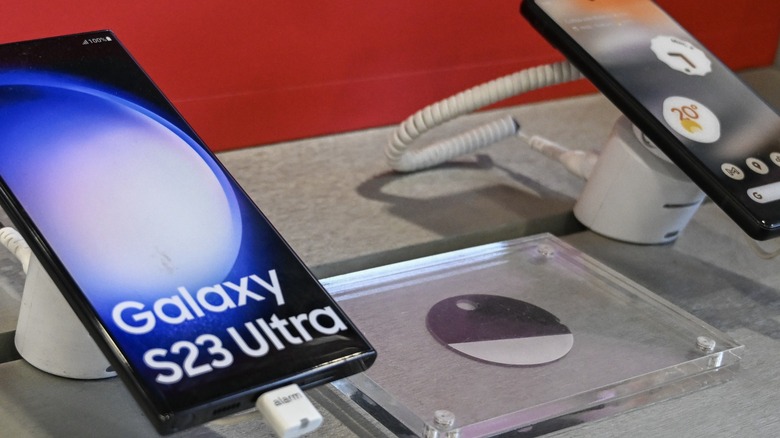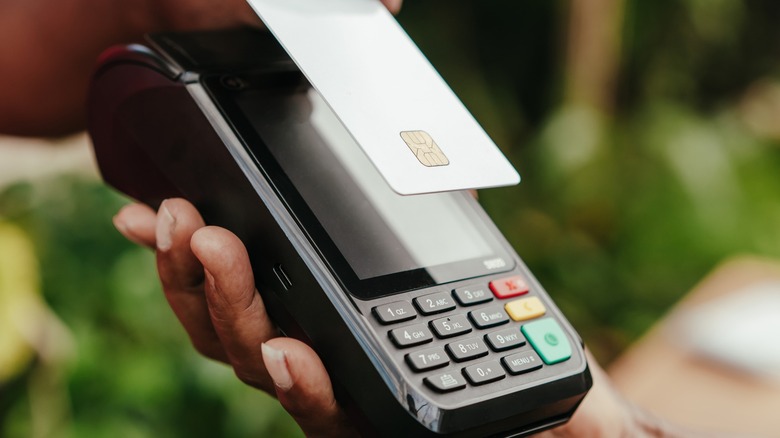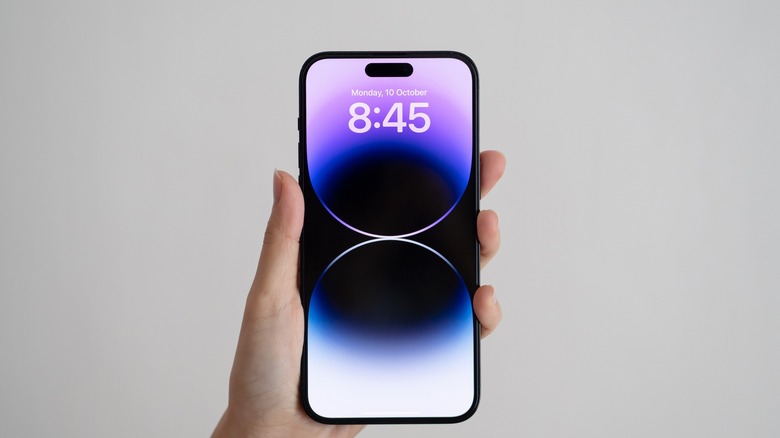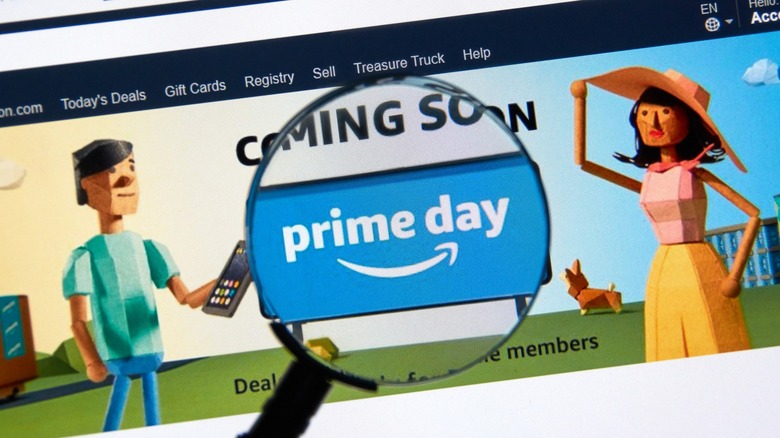5 Questions You Need To Ask Yourself Before Buying A New Phone
Phones have become an important part of our daily lives. With technology evolving so quickly, there's always a newer model on the market, and the temptation to upgrade is stronger than ever. Now, while the market is brimming with options that boast cool new productivity and playful features, not every phone is suitable for everyone, and the dazzling ads might not always meet all of your real-life needs.
Before making a decision, potential phone buyers need to consider a few things. We've compiled a list of essential questions designed to help buyers make a choice that helps you satisfy your need for the latest technology, while also complementing your lifestyle, budget, and long-term needs.
Whether you're a tech enthusiast looking to try out a new mobile device or someone who needs a practical upgrade, answering these questions will help you make a smart and informed decision for your next phone purchase.
What can I afford?
Phone prices vary significantly, and your budget plays the biggest role in determining which phone you eventually get. High-end phones come with sophisticated features but a hefty price tag to match. On the other hand, mid-range phones can offer great value without breaking the bank. Asking yourself what you can afford and considering your budget helps you make a financially responsible decision.
Establish your price range. What's the maximum amount you're willing to spend on a new phone? This helps you filter your options and focus on phones within your budget. Next, think beyond the purchase price. It's important to remember that the cost of a phone is beyond the initial price. Consider additional costs like plan rates, accessories, and potential repair costs.
Yes, you have to plan for the unexpected. Accidents happen, and phones can get damaged. Assess the repair or replacement costs for the phone models you're considering. Some phones have more affordable and accessible repair options than others, especially higher-end models like foldables. By considering the total cost of owning that phone, you'll have a clearer picture of what you can truly afford.
What are my primary needs for the phone?
You now have a clear idea of how much you're willing to spend. Now, let's help you clarify what you need to spend it on. Phones today are more than just devices for calls and texts: they're equipped with cool features like high-resolution cameras, document scanners, and heart rate monitors. However, they are not all necessary for every user.
If you're on a budget, understanding your primary needs can help you avoid paying for features you won't use and focus on what truly enhances your daily routine. Start by asking yourself what you primarily use your phone for, and make a list. In fact, checking your screen time can offer some insight if you're struggling to pinpoint what you use your phone for on a daily basis.
Then, look for phones that cater to your specific needs. Gamers should look for phones with strong processors and graphics. Using your phone primarily for work might mean prioritizing storage capacity and battery life. If you create a lot of content, you should look for phones known for their camera quality.
Remember, a phone is most valuable when it has all the features that align with your lifestyle.
Which operating system do I prefer?
Your choice between iOS (Apple) and Android will significantly impact your user experience, so consider which ecosystem works best for you. If you already use other Apple products, such as an iPad or MacBook, iOS might offer more seamless integration and continuity between your devices. If you use Google services extensively, or generally prefer having more control over customization, you may find Android a better option.
One of Android's advantages is the wide variety of devices available, from high-end models to more budget-friendly options. iOS — being exclusive to Apple — offers a more limited selection, but with the guarantee of Apple's premium design and build quality.
Think about software updates, too. Apple's iOS often provides more consistent and timely software updates, including security patches. Android updates can vary depending on the manufacturer and model of your device, but they have been getting better about long-term support over the years. Both iOS and Android have their own independent app stores, but there can be differences in available apps and services. Consider the apps you can't live without and check their availability on each platform.
How long do I plan to use the phone?
Some models are known for their durability and receive long-term software support, making them ideal choices if you're not planning to upgrade any time soon. Look into how often the manufacturer releases software updates and for how long they support their devices. Regular updates are crucial for security, performance, and access to new features.
Read reviews and reports on the build quality of the phones you are considering. Some phones are built to withstand more wear and tear than others, which is vital if you want a phone that lasts. For anyone who prioritizes durability for something like field work or labor-intensive jobs, choose a rugged phone instead.
Also, if you plan to sell your phone in the future, look into its resale value. Some brands and models maintain their value better over time. Consider also the availability and cost of repairs for the phone model you choose. Some phones are easier and cheaper to repair than others, which can significantly affect their usable lifespan.
By considering these factors, you can choose a phone that not only fits your current needs but also stands the test of time, providing you with a reliable and valuable device for years to come.
When is the best time to buy a phone?
Timing your new phone purchase can also help you save some money. Big discount events like Black Friday, Cyber Monday, and Amazon's Prime Day are known for offering substantial savings on electronics, including phones. You can sign up for newsletters and alerts to stay informed about upcoming deals and exclusive offers.
Additionally, when new phone models are released, the previous year's models often see a price dip. This can be an excellent opportunity to buy a high-quality phone at a more affordable rate. Most brands have predictable release cycles, launching new phones around the same time each year. Knowing these dates allows you to plan your purchase accordingly.
Another thing to note is that carriers often provide attractive offers on phones, especially when you sign up for a new plan or extend your contract. These deals might include discounts on the phone or even free phones with specific plans. Make sure to understand the terms of the carrier deal, such as contract length and any penalties for early termination.
One last thing: Whatever you decide, try to experience the phone firsthand. If possible, visit a store to get a feel for it. Test the features that are important to you, such as the camera quality, display, or responsiveness of the device. This step is crucial to ensure that the phone meets your expectations.





